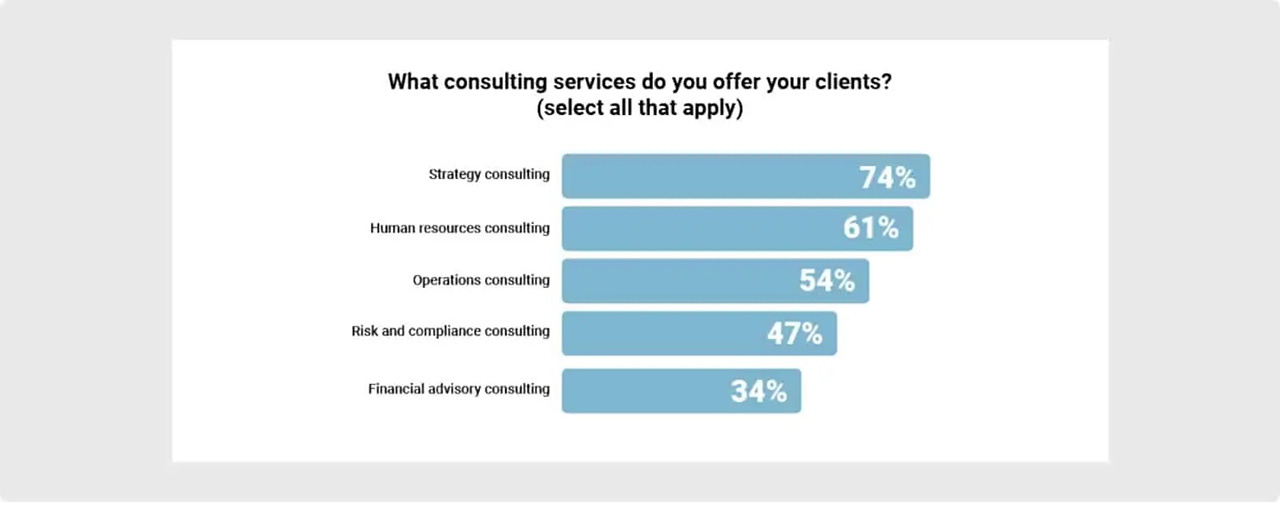
For people interested in starting a home-based business, formal business planning can be a great help. Business owners should know the pitfalls that can occur and create a plan to avoid them. In general, a formal business plan is created before the start of a new business. The plan contains information about the type and structure of the business, as well as information on management, marketing strategies, financial information, and financial information. The plan should be kept current in order for the owner to make necessary adjustments if needed.
Starting a home-based business
Before you begin a home-based business, there are many factors to consider. You might feel tempted to work at home to save money but this is not the best way of running a business. It is crucial to study the regulations in your state, particularly those pertaining to licensing. Once you have done this, you can make a business proposal. This document should detail your business and include how you plan to market products and services. It also includes the costs associated running the business.
You can choose your hours when you own your home-based business. You can choose to use the morning to drive your children to the doctor or to shop for groceries in the afternoon. You don't need a boss to keep an eye on you every hour of the day. You can work whenever you want so that you can get dinner and bed at night without having to leave your house. The best part about being a home-based worker is that they love what their job entails.

Designing a business plan
Include both goals and objectives in your business plans. The latter should explain what you want to achieve with your company. The SMART acronym stands for Specific Measurable Attainable and Timed. Using this format will help you narrow your scope and attract investors. The plan will also help you evaluate whether your business is feasible or not.
A business plan should be professionally formatted, as it will be reviewed by investors and lenders. It should reflect your business goals, and should be professionally written. Two people should sign the document. It will help you stay focused and identify areas of improvement. A business plan can help avoid many of the mistakes many new home businesses make. A business plan will help you attract more customers and make more profit.
How to obtain a business license
To start a home-based venture, you will need to obtain a license and other permits. Licenses typically have stricter rules and last longer. Business permits may include health and safety, flammable products, and professional services. People often confuse these types of permits, and can get confused when talking about home-based business.
You must register with your local government in order to apply for a business licence for home-based businesses. In most cities and counties, this requires a general business license. It can also be called a general business license, a tax certification, or a registration. It allows you the right to perform commercial activities within your locality. Visit your local tax office to learn more about the requirements for a business license.

Designing a workspace
You can't succeed unless you have a dedicated space at home, whether you're a freelancer and/or a business owner. A well-designed workspace will help you focus on your work and reduce clutter in your office. Professionals may even be able to use their spare bedroom or darkroom. It will increase your productivity as well as your quality of work by creating a home office for your business. But before you jump, there are some things to keep in mind.
You must first create a place that you feel is conducive to your goals. Setting goals can help you set clear goals regarding what you want from your workspace. Your home office must provide you with a great working environment, so don't skimp on the equipment you use. You should choose low-energy furniture and lighting.
FAQ
What tax do I have to pay on consulting income?
Yes. Taxes will be charged on consulting profits. The amount of your earnings per year will determine the tax payable.
If you're self employed, you can deduct expenses beyond your salary.
But you won't be able to deduct interest payments on loans, vehicle depreciation, or the cost of equipment.
Only 25% of your expenses can be claimed back if you make less than PS10,000 annually.
But even if you're earning more than this threshold, you might still be taxed depending on whether you're classed as a contractor or employee.
Pay as you Earn (PAYE) is the most common method of taxing employees. Contractors pay VAT.
Is it possible to be a consultant?
A consultant is someone who assists you in achieving your goals by offering advice and suggestions on how to achieve it faster, cheaper, and so forth.
You may need a consultant to help you with problems, make decisions or negotiate with others.
Consultants are often hired for specific projects or tasks.
In fact, most consultants are paid hourly or daily rates rather than per project.
What is the average time it takes to become a consultant
Your industry and background will determine the length of time it takes. People start work with a few weeks before they find employment.
However, many consultants spend years honing their skills prior to finding work.
How much should you charge as a consultant?
It all depends upon what you offer. It doesn't matter if you offer services at no cost. If you sell products or services, however, you must set prices based upon value.
If you are providing low-quality services, then you don't have anything to sell. You are not worth anything, so why should anyone pay you anything.
If you're providing high-quality services you might ask for a greater price. Because people are aware of the value you provide, they will be more willing to pay you a higher rate. It is possible to offer discounts to clients who order multiple packages.
Can consulting be considered a real job?
Consulting isn't just a career option for those who want to earn quick money. It's also a great place to gain valuable skills and build a foundation you can use in your future work.
Consulting offers many opportunities in project management as well as business development, strategy and training. You could find yourself working with small start-ups and large international corporations.
You can develop your skills and gain experience in a variety of industries by consulting. This could include learning how to manage teams, write proposals, manage budgets and analyze data.
Statistics
- Over 50% of consultants get their first consulting client through a referral from their network. (consultingsuccess.com)
- On average, your program increases the sales team's performance by 33%. (consultingsuccess.com)
- According to statistics from the ONS, the UK has around 300,000 consultants, of which around 63,000 professionals work as management consultants. (consultancy.uk)
- According to IBISWorld, revenues in the consulting industry will exceed $261 billion in 2020. (nerdwallet.com)
- "From there, I told them my rates were going up 25%, this is the new hourly rate, and every single one of them said 'done, fine.' (nerdwallet.com)
External Links
How To
How to Start a Consultancy Company and What Should I Do First
You can make a lot of money by setting up a consulting business. You don’t need to have business experience or invest capital. It is possible to create a website to launch your consulting business. Once you have a website built, you can start using social media platforms such Instagram and Pinterest to spread the word about you services.
With these tools, you can put together a marketing plan that includes things like:
-
Writing content (blogs).
-
Building relationships (contacts).
-
Generating leads through lead generation forms
-
Selling products online
Once you've developed your marketing strategy, you'll need to find clients who will pay for your services. While some prefer to network through events and networking groups, others prefer to use online tools like Craigslist or Kijiji. Your choice is yours.
Once you have secured new clients, you will need to discuss terms with them and their payment options. These could be hourly fees, retainer arrangements, flat-fee contracts, or other types of fees. So that you are able to communicate clearly during the entire process, it is important to understand what you expect from a client before you accept them.
Hourly agreements are the most commonly used contract type for consultancy service. In this case, you agree to provide certain services at a fixed rate each month or week. You might be able, depending on which service you offer, to negotiate a discount. When you sign a contract, make sure you fully understand it.
Next, you will need to create invoices that you can send to your clients. Invoicing can be a complicated task until you actually attempt it. There are many options for invoices to be sent to your clients. Some prefer to send their invoices directly by email, while others prefer to print and mail hard copies. No matter what method you use, ensure it works for your business!
After you've finished creating invoices, you'll want to collect payments. PayPal is popular because it is easy to use, offers several payment options, and most people prefer it. Other payment processors such as Square Cash. Google Wallet. Apple Pay. Venmo.
Once you are ready to start collecting payments, it is time to open bank accounts. Separate savings and checking accounts will allow you to track your income and expenses independently. It is also a good idea to set up automatic transfers into your bank account for paying bills.
It can seem daunting to start a consulting business. But once you understand how it works, it becomes second nature. Check out this blog post for more information about starting a consultancy company.
It's a great way for extra income without having to worry about hiring employees. Consultants can work remotely so they don't have the hassle of dealing with office politics and long working hours. Being able to work remotely allows you more freedom than traditional employees.